Be Safe in the Sun!
 Blog
Blog

 Blog
Blog
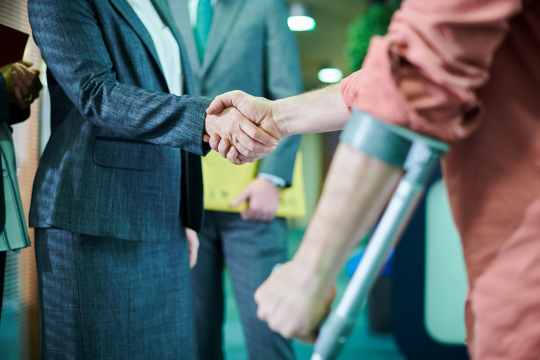
APIL’s Injury Awareness Week 2025: How Life-Changing Injuries Affect Body Integrity
 Podcast
Podcast

Cefnogaeth Olyniaeth gan Cyswllt Ffermio i Ffermwyr yng Nghymru – Succession Support from Farming Connect for Farmers in Wales
 Blog
Blog
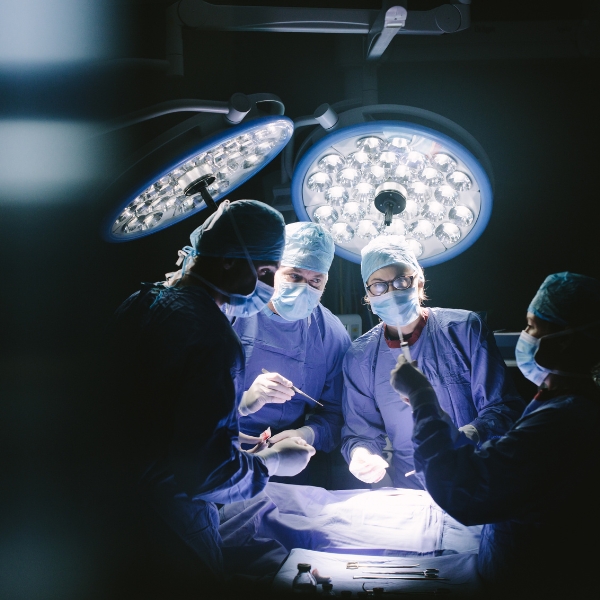
Talking TAVI: A Surgery in the Spotlight
 Blog
Blog
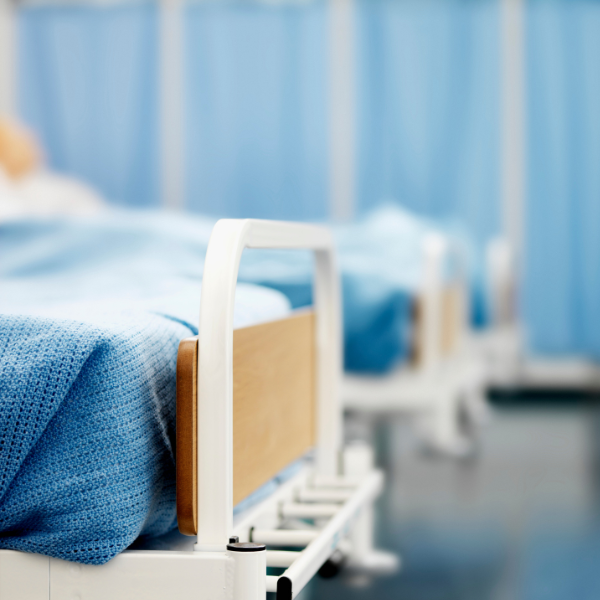
Maternity Care – Lessons Still to Learn following Manslaughter Investigation
 Podcast
Podcast

People; The Future of your Business – How to Attract and Inspire the Right People : David Pugh and Richard Charles
 Podcast
Podcast
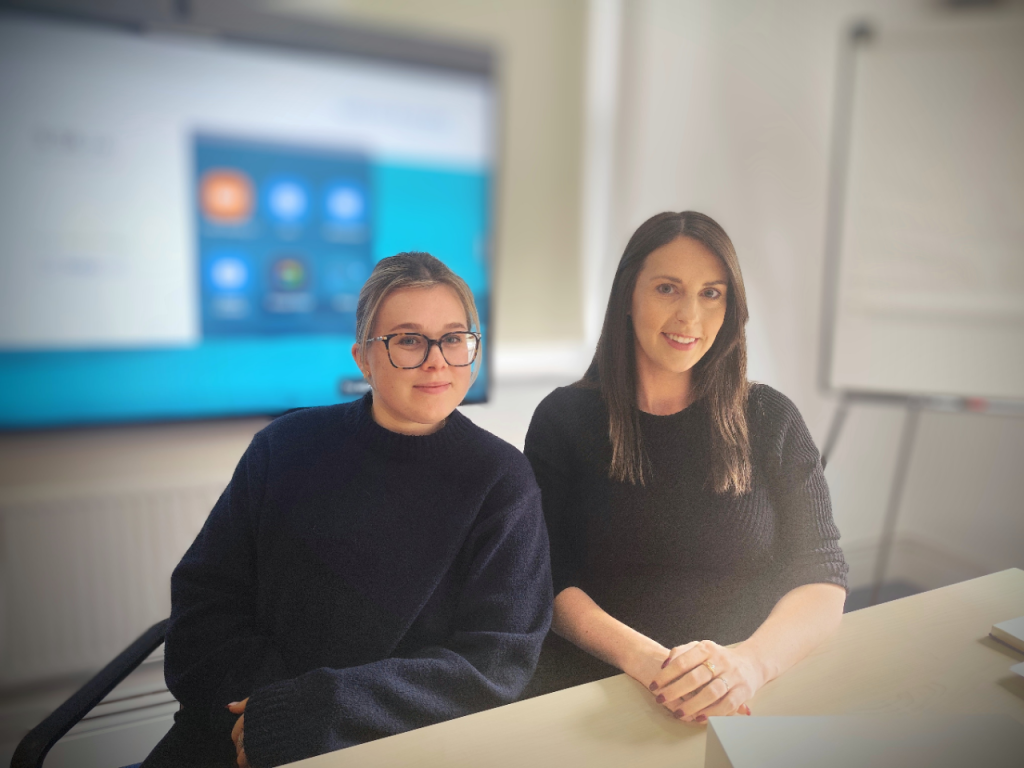
Her Legal Story: Laura Weir
 Podcast
Podcast

Cyfreithwyr dan Hyfforddiant yng Ngogledd Cymru : Brian Evans, Alys Jones, Mia Williams (fersiwn Gymraeg)
 Podcast
Podcast

Trainee Solicitors in North Wales: Brian Evans, Alys Jones, Mia Williams (English version)
 Case Study
Case Study

 Podcast
Podcast
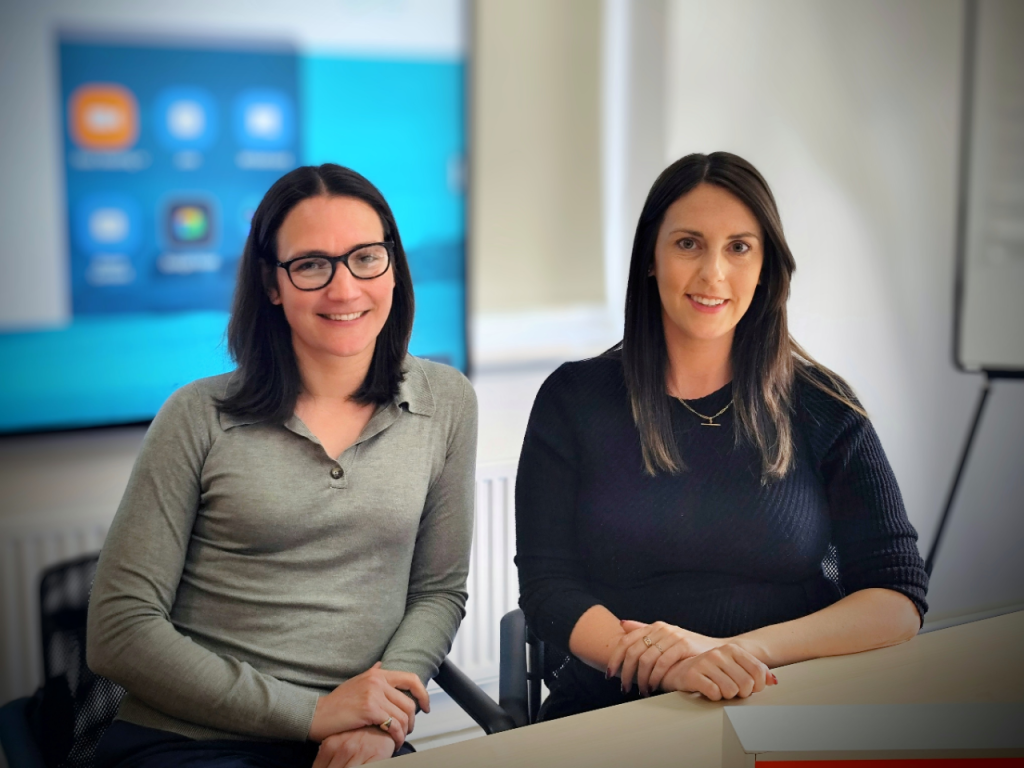
Her Legal Story: Beth Heath
 Podcast
Podcast
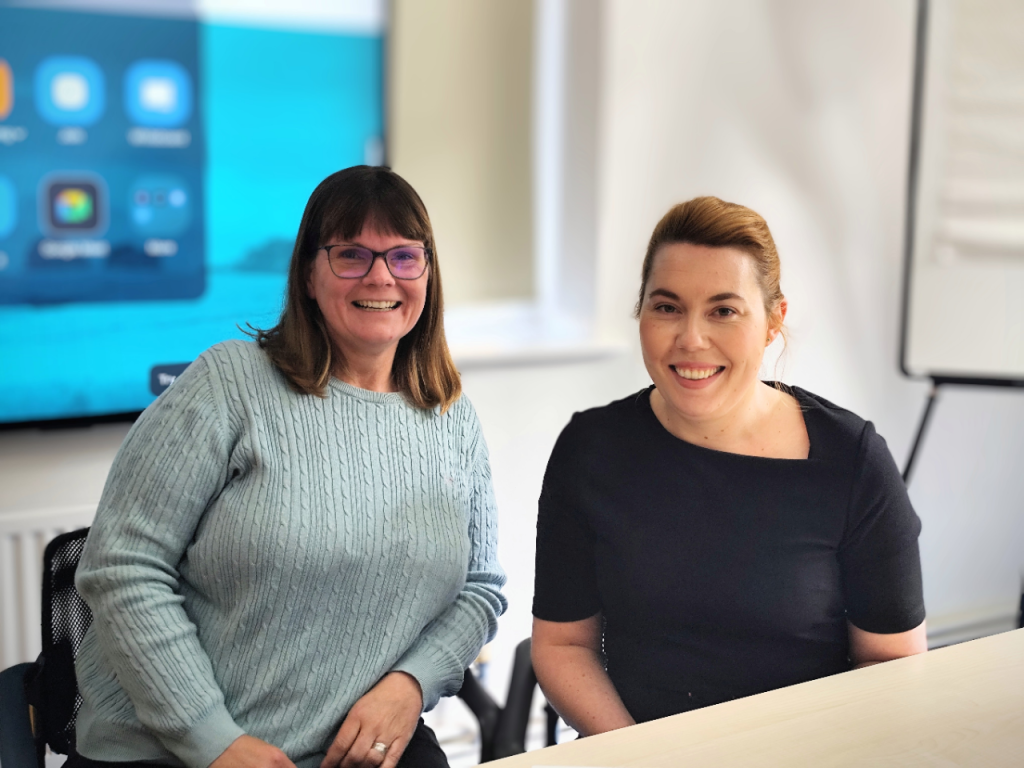
Just Ask – Could it be Sepsis: Amy Bills and Kirsty Smallman
 Podcast
Podcast
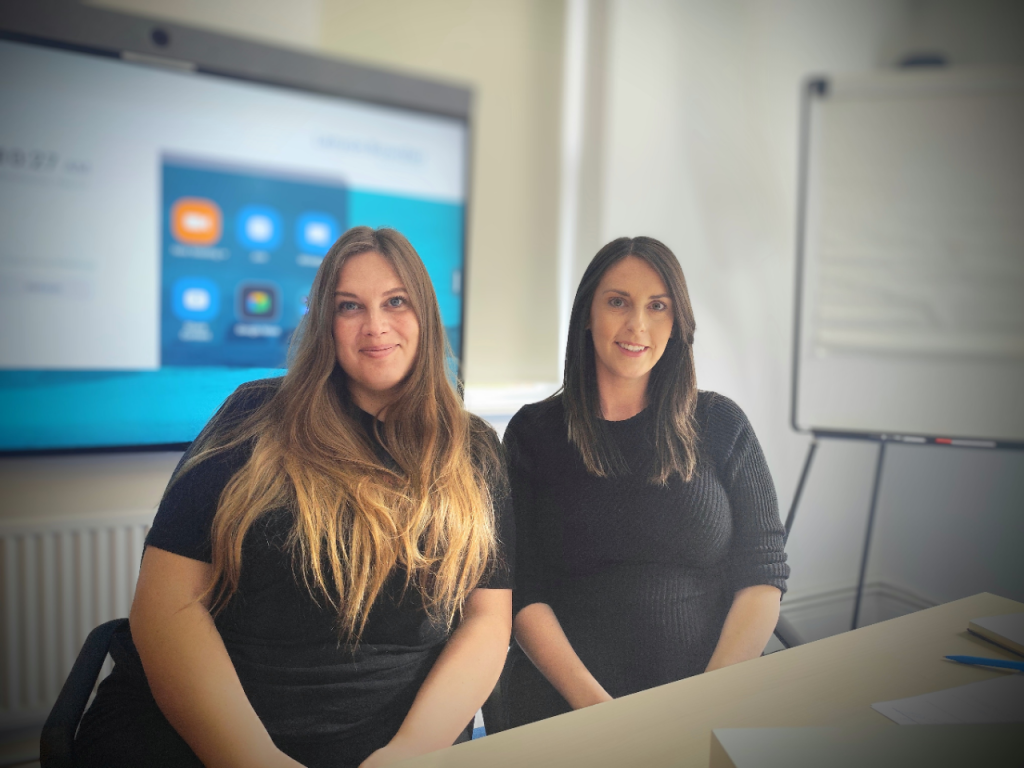
Her Legal Story: Lucy Speed
 Blog
Blog
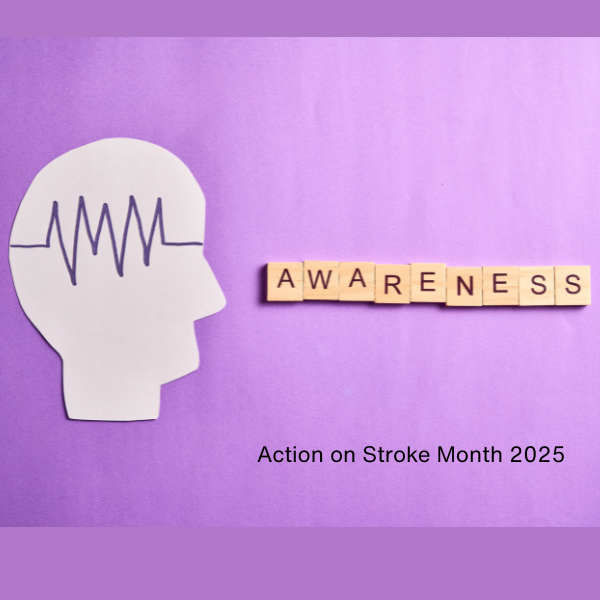
Stroke Awareness Month
 Blog
Blog

Making a Will is Just as Important for the Younger Generation
 Podcast
Podcast
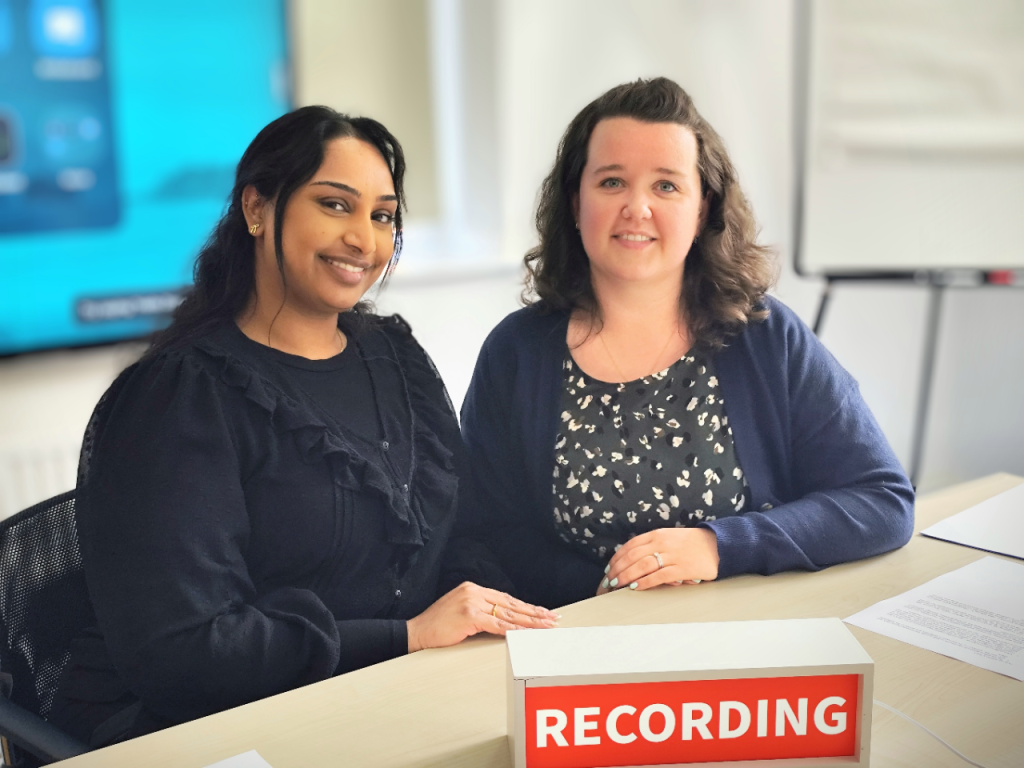
The Role of Family Law Solicitors: Prianka Muruhathas and Kelly Reynolds
 Podcast
Podcast
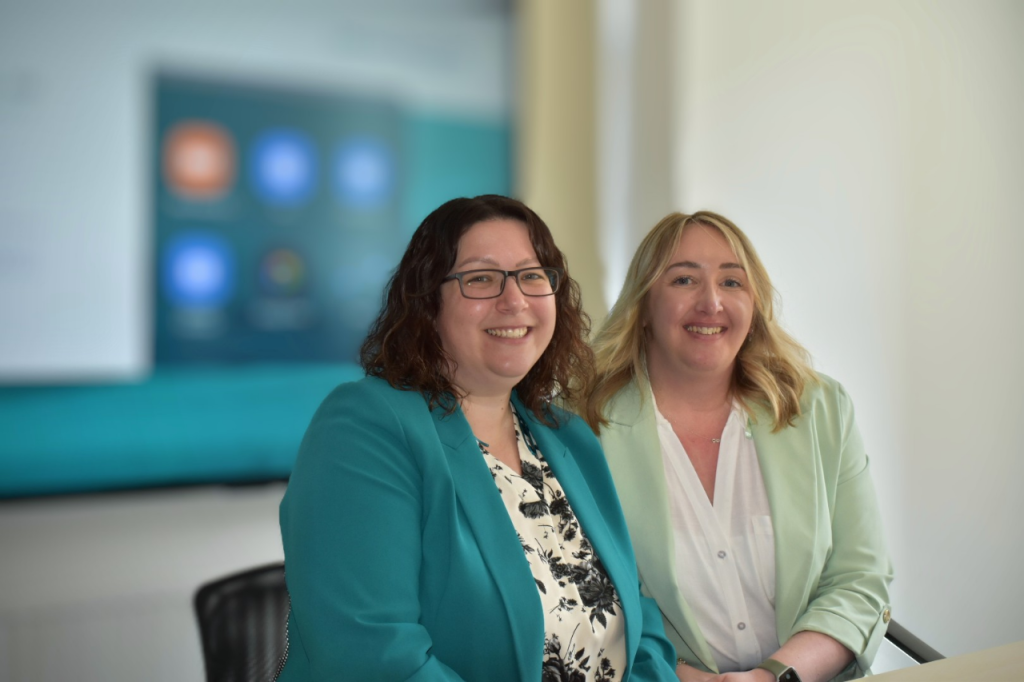
Financial Education and Empowerment: Kate Lawson and Kim Cleminson-Jones
 Podcast
Podcast
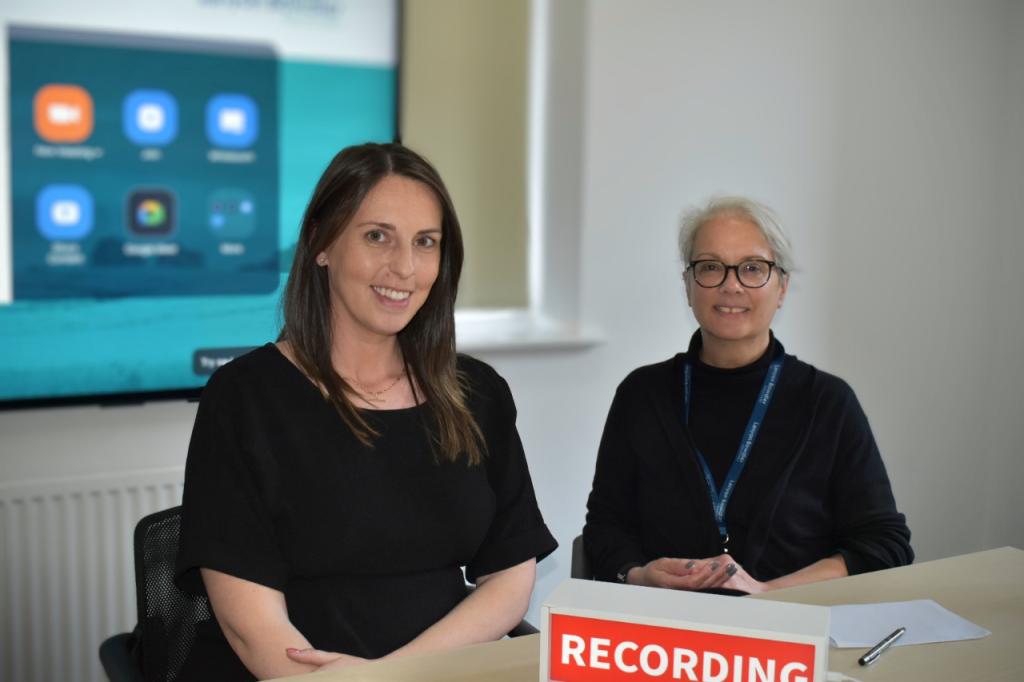
Her Legal Story: Lucy Small
 Case Study
Case Study

 Case Study
Case Study

Our awards and accolades.
Get in touch.
If you have a particular area of law you would like to discuss, please feel free to get in touch with the team, by using our online form below.
"*" indicates required fields

 Back
Back










